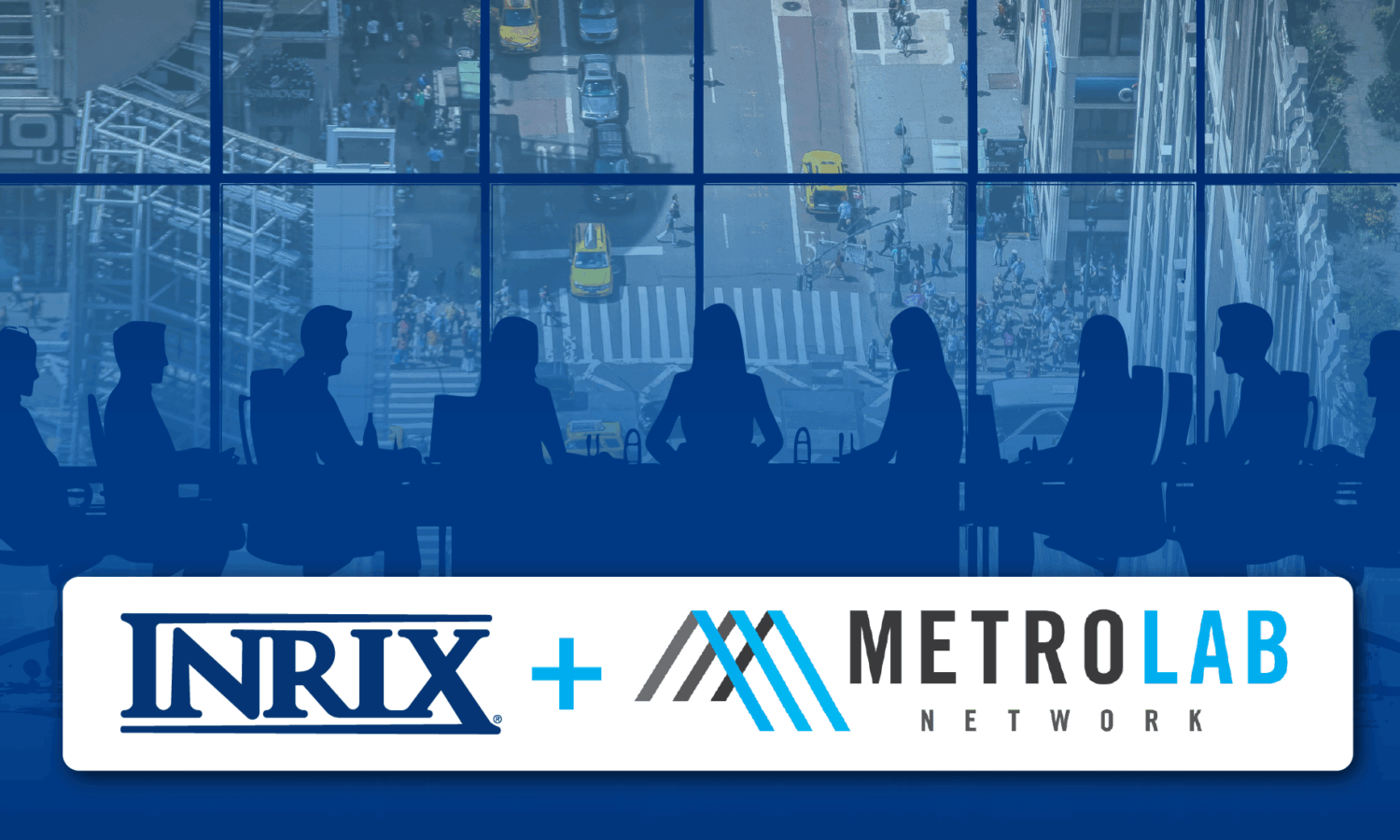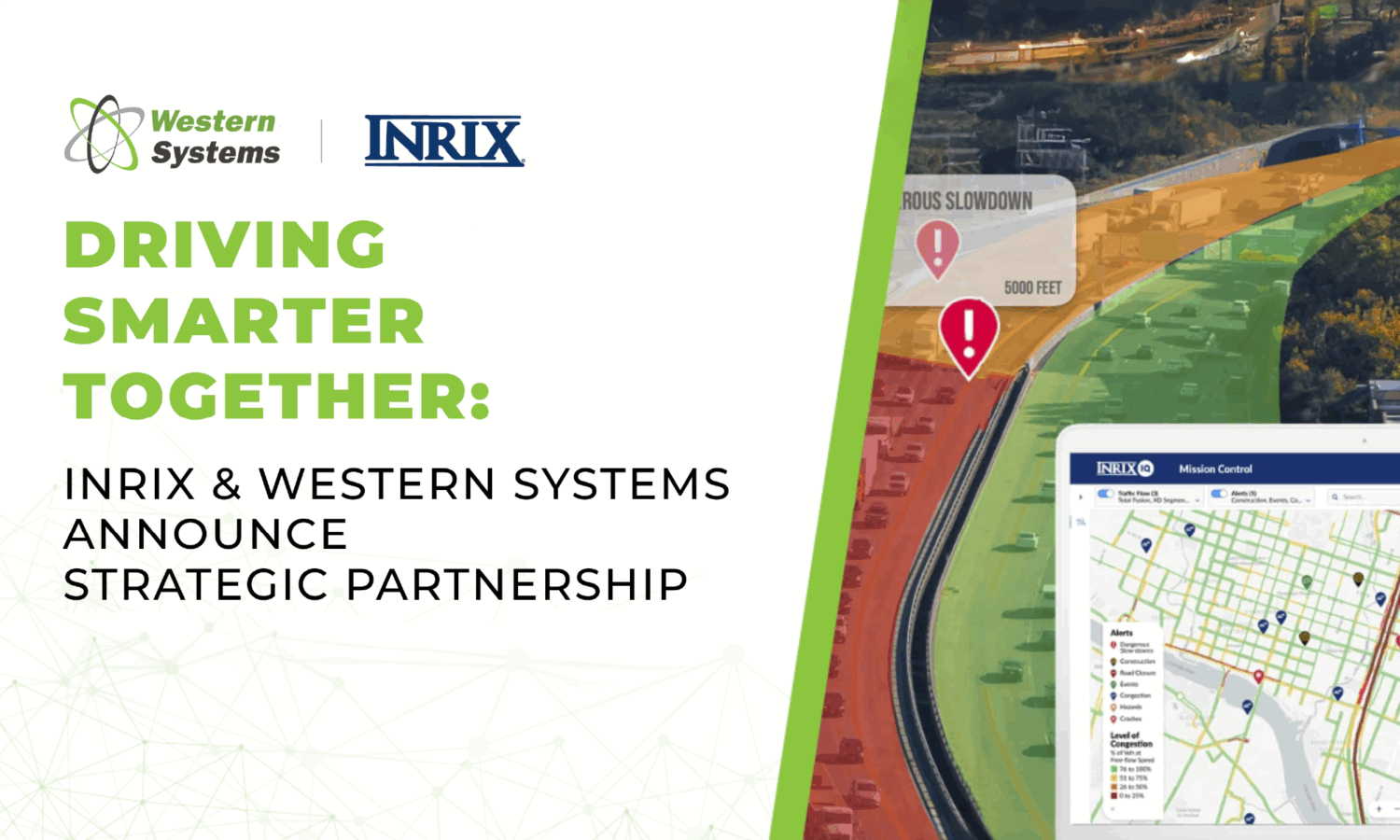- INRIX Research surveyed 5,054 drivers in five countries (U.S., U.K, Germany, France and Italy) to understand their experiences and perceptions of connected and autonomous vehicles.
- 1.4 times as many Americans trust tech companies to secure their connected car data than automakers. The trend was reversed in the four other countries with 1.5 times as many trusting automakers.
- In the U.S., Baby Boomers tend to believe connected cars and autonomous vehicles will be less safe than cars on the road today, while Gen Xs and Millennials expect them to be safer.
Kirkland, WA – May 23, 2017 – INRIX, Inc., the world leader in connected car services and location analytics, today published the results of its Connected & Autonomous Vehicle (AV) Consumer Survey, with insight into the products, services and pain points emerging in this multi-trillion dollar market.
The INRIX Research survey revealed three key themes around consumer experiences of, and their attitudes toward, connected cars and autonomous vehicles: concerns around data privacy, the importance of road and vehicle safety, and the level of trust and confidence in the connected car and autonomous vehicles market. The report also found that familiarity with emerging technologies and their benefits will be central to winning customers. In addition, current owners of connected vehicles (aggregated across the five countries) are significantly more receptive to connected features, more trusting of data sharing, and more likely to purchase an autonomous vehicle.
“A new battleground is emerging between automakers, tech companies and ridesharing companies in the race to develop connected and autonomous vehicles,” explained Bob Pishue, senior economist at INRIX. “With hundreds of millions of connected cars expected to be on the roads within the next 15 years, the market share will be owned by companies that can educate drivers and gain consumer trust.”
<strong)Key findings of the INRIX Connected & Autonomous Vehicle Consumer Survey include:
Trust and Confidence: Trust is a vital component for brands to build lasting relationships with consumers. New entrants into the automotive industry face challenges compared to legacy brands.
U.S.
- Technology giants (i.e. Apple and Google) are trusted slightly more than automakers to build autonomous vehicles (27 percent vs. 23 percent), followed distantly by ridesharing companies (four percent).
- Six out of 10 respondents (62 percent) believe AVs will be widely available within a decade.
- While 75 percent of Baby Boomers believe that autonomous vehicles will likely improve access for the elderly, 53 percent are still unlikely to purchase an AV.
International
- Almost three (2.8) times as many Germans trust traditional carmakers to build autonomous cars compared to tech giants, and fewer than four percent of respondents trust ridesharing.
- Nearly half of current connected car owners say they would likely or definitely purchase an autonomous vehicle, compared to 19 percent of non-connected car owners.
- More than two-thirds of all Germans believe that autonomous vehicles will likely improve access for the elderly.
Data Privacy: In an increasingly connected world, an enormous amount of data is generated by vehicles and their passengers. Consumers are concerned about how this data is handled, stored and shared.
U.S.
-
- 1.4 times as many Americans trust established tech giants to secure their connected car data than automakers.
- Generation X and Millennials trust tech companies the most with their vehicle data, while nearly half of Baby Boomers trust no one.
- 29 percent of respondents do not trust any company to secure their in-car data and privacy.
International
-
-
- 1.5 times as many British drivers trust traditional car makers with their data compared to Silicon Valley’s tech giants. 34 percent of all respondents do not trust anyone.
- Across all countries surveyed, consumers under age 44 are more likely to trust technology companies with their data, while their older counterparts have more trust in automakers.
- Nearly 90 percent of connected car owners trust other companies with their vehicle data, while only 60 percent of non-connected car owners trust others.
-
Road Safety: Traffic crashes are one of the leading causes of preventable death globally. Many believe connected car technology and autonomous vehicles will herald a new safety era for people on the road.
U.S.
-
-
- Blind sport warning is the most desired new car feature, followed by stolen vehicle warning/tracking, night vision, road incident alerts and re-routing, and rear/front collision alerts.
- 71 percent of respondents expect autonomous vehicles to be as safe or safer than today’s cars.
- 73 percent of Baby Boomers don’t believe AVs will be safer than cars on the road today.
-
International
-
-
- Nearly three-quarters of respondents said they would be most interested in blind spot warning technology, followed by night vision and rear/front collision alert.
- 85 percent of Italian drivers believe AVs will be at least as safe as current cars.
- Respondents are most willing to pay for safety-related connected car tech compared with other categories like infotainment, driver assistance and vehicle management.
-
For detailed findings of the INRIX Connected & Autonomous Vehicle Consumer Survey, including the complete report, please visit INRIX Research.
###
Notes to Editors
Methodology
A total of 5,054 respondents from five countries took part in the survey, representing the driving population and reflecting ownership of the largest automakers and premium brands, including Ford, Audi, BMW and Mercedes-Benz. Respondents, who all owned a vehicle under four years old, completed the survey online in their native language and were recruited from the Cint panel database. The report provides further details of the methodology and demographic composition of the respondents.
Connected Car Definition
Connected cars communicate with each other and the world around them primarily using mobile internet connections (e.g. 4G LTE). Many navigation systems already include connected vehicle functionality, such as dynamic routing informed by real-time traffic data. Connected vehicles provide the data with useful information. Autonomous vehicles are necessarily connected but use the information received to make choices for the driver and occupants. Connected cars and autonomous vehicles has become the accepted terminology for these groups of vehicles.
About INRIX Research
INRIX Research leverages over 500 Terabytes of INRIX data from 300 million different sources covering over five million miles of road, and combining it with our other data sources including global parking, origin and destination trip data, fuel, point of interest, public transport, and road weather information. Together, our data provide a rich and fertile picture of urban mobility that enable us to produce valuable and actionable insights for policy makers, transport professionals, automakers and drivers. The INRIX Research team has researchers in Europe and North America and is comprised of economists, transportation policy specialists and data scientists with a mix of research backgrounds from academia, think tanks and commercial research and development groups.



